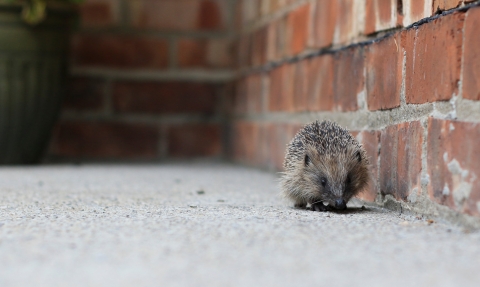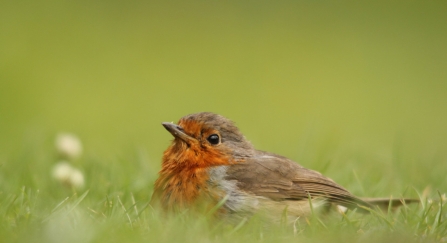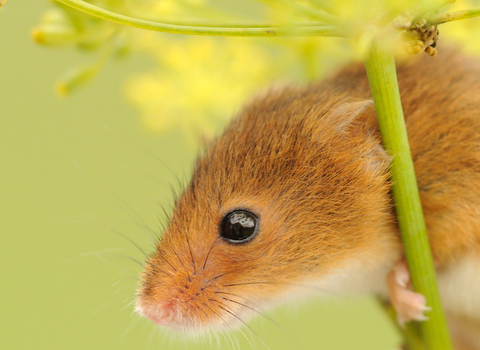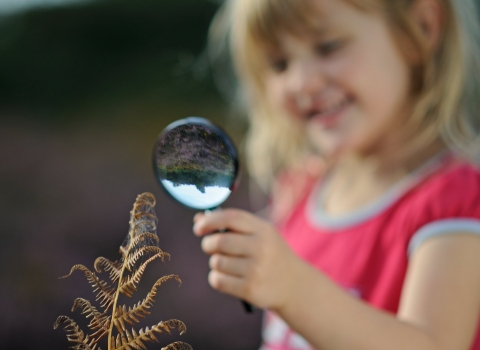
Hedgehog ©Tom Marshall
Wildlife advice
Sightings, sick, injured, or dead animals
Seeing wildlife can be incredible, but it can be hard to know what to do in certain situations. Maybe you have come across an injured or dead animal, or maybe you suspect that a crime has been committed. Our wildlife advice pages will help you know what to do and who to contact if you do find yourself in these situations.
If you find a sick or dead bird do not touch it, and keep dogs away. Please report any sick or dead birds here or call the Defra helpline (03459 33 55 77).
For marine wildlife sightings please contact kimmeridge@dorsetwildlifetrust.org.uk.

Robin © Tom Hibbert
Dorset Wildlife Trust does not offer a general service for the care and rehabilitation of wildlife and we also do not offer any services related to the discovery, reporting, or disposal of dead animals. However, our advice pages will help you know what to do if you find one.
Quick contacts for injured wildlife
Injured wildlife
The RSPCA and Help Wildlife's pages carry more detailed advice on what to do with injured birds and other wildlife. Help Wildlife also have a useful map to help find your local wildlife rescue service. The RSPCA's wildlife emergency number is 0300 1234 999.
As a quick guide, here is the Wildlife Trusts' advice on what to do if you find an injured bird, a hedgehog wandering around in winter or a dead animal.
Marine sightings and strandings
If you find a stranded or dead whale or dolphin, please report it to the Cetacean Strandings Investigation Programme (CSIP) hotline on 0800 652 0333. You can find more information here.
Wildlife crime
If you discover a wildlife crime taking place, call 999. For a non-emergency, call 101. If you would like to give information regarding a crime anonymously, call Crimestoppers on 0800 555 111.
Visit the Country Watch website for more information on reporting wildlife crime
Understanding species and habitats and the planning process
The Natural Environment team at Dorset Council have produced a helpful series of advice notes and guidance sheets aimed at helping us to understand species and habitats in relation to the planning process.


